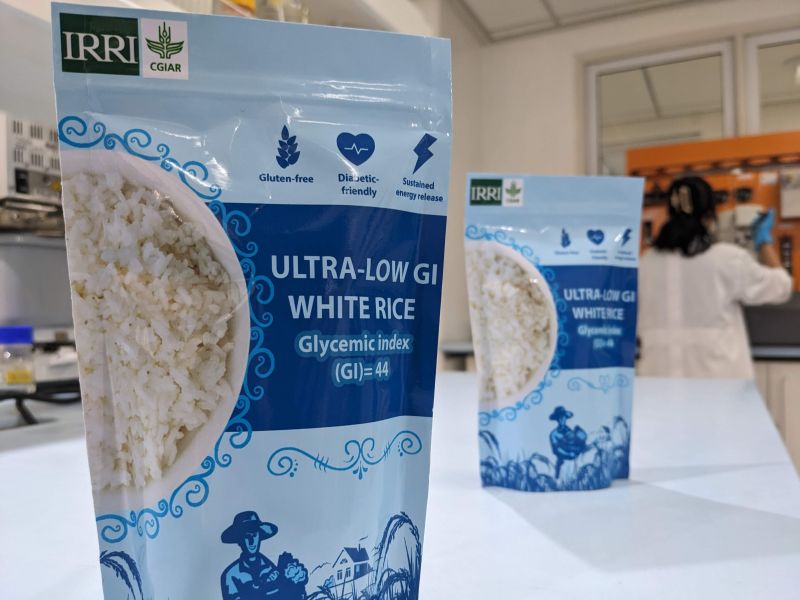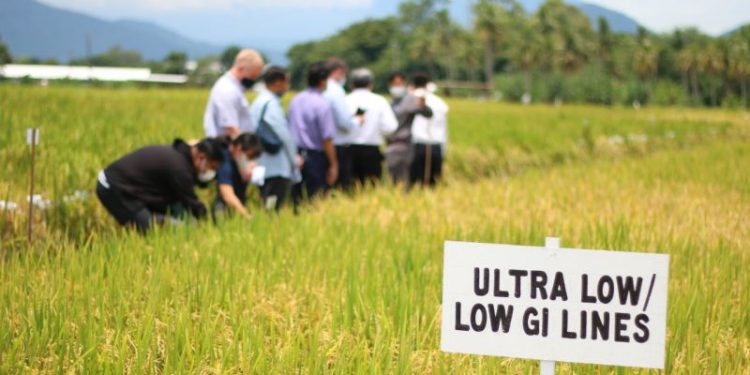Innovative Research Addresses Diabetes and Protein Deficiencies with Ultra-Low Glycemic Index Rice
The International Rice Research Institute (IRRI) has recently made headlines with its groundbreaking study published in the prestigious Proceedings of the National Academy of Sciences (PNAS) journal. This pioneering research offers promising solutions for millions of people worldwide who struggle with diabetes and protein deficiencies.
The study reveals the development of rice lines characterized by an ultra-low glycemic index (GI) and significantly elevated protein levels, while still achieving yields comparable to high-yielding rice varieties. This breakthrough is significant, as it addresses two critical nutritional challenges faced by populations in Asia and Africa—high rates of diabetes and insufficient protein intake.
The IRRI research team, in collaboration with various partners, is now focused on integrating these beneficial genes into future breeding programs. By incorporating these traits into popular rice varieties, the team aims to ensure that these healthful options are accessible to farmers and consumers alike.
This innovative approach not only has the potential to enhance food security but also to improve health outcomes for millions. The introduction of rice with a lower glycemic index can help manage blood sugar levels for those with diabetes, while increased protein content can combat malnutrition and protein deficiency in vulnerable populations.
As IRRI continues its work on these rice lines, the agricultural community eagerly anticipates the impact of these advancements on dietary health and nutrition across Asia and Africa.






